
"I am here as a soldier who has temporarily left the field of battle in order to explain - it seems strange it should have to be explained - what civil war is like when civil war is waged by women." These words, spoken by prominent women's suffrage campaigner Emmeline Pankhurst in 1913 to an audience in the US state of Connecticut, describe the fight that many women took up during the early years of the 20th century. In her now-infamous 'Freedom or death' speech, Pankhurst spoke of the numerous hardships suffered by imprisoned women and the torture endured by campaigners who chose to go on hunger strike. Her name (along with her daughters Sylvia and Christabel) endures as one of the most famous of the Edwardian era.
Though by no means the first in Britain's history to campaign for the vote, societies like the Women's Social and Political Union (WSPU) - founded in 1903 and whose militant members were nicknamed 'suffragettes' by the Daily Mail in 1906 took on new momentum in the period. The rapid urbanisation of the 19th-century Industrial Revolution had brought welcome changes for many women, giving them a wider range of opportunities to earn a wage. But it also came with hardship, with most women still expected to marry, maintain homes and manage families, many with multiple children (ideas of birth control would not be discussed more openly until near the end of the period).
Denne historien er fra September 2022-utgaven av History Revealed.
Start din 7-dagers gratis prøveperiode på Magzter GOLD for å få tilgang til tusenvis av utvalgte premiumhistorier og 9000+ magasiner og aviser.
Allerede abonnent ? Logg på
Denne historien er fra September 2022-utgaven av History Revealed.
Start din 7-dagers gratis prøveperiode på Magzter GOLD for å få tilgang til tusenvis av utvalgte premiumhistorier og 9000+ magasiner og aviser.
Allerede abonnent? Logg på
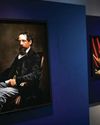
'Dickens's evocation of the fears, excitement and confusion of childhood is peerless'
DR LEE JACKSON ON WHY CHARLES DICKENS REMAINS RELEVANT TODAY
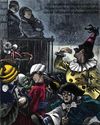
THE AUTHOR GOES ABROAD
Dickens expanded his horizons and boosted his fan-base by venturing overseas - but global fame came with a cost
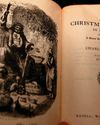
REVIVING THE FESTIVE SPIRIT
A Christmas Carol wasn't just a bestseller - it changed the way that Britons chose to mark the festive season
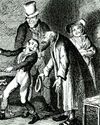
GIVING THE POOR A VOICE
From Hard Times to Oliver Twist, Charles Dickens used his pen to help illuminate the lives of the less fortunate
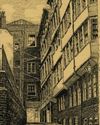
A JOURNEY THROUGH DICKENS'S LONDON
The works of Charles Dickens are synonymous with visions of Victorian London. We talk to Dr Lee Jackson about the author's love of the capital, and the locations that most inspired him
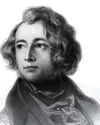
EXCEEDING EXPECTATIONS
Dr Lee Jackson chronicles Charles Dickens's journey from down-at-luck teenager to titan of Victorian literature
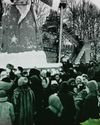
GIFTS, TREES & FEASTING
We take a journey through the photo archives to reveal how Christmas and its many traditions have been celebrated over the years - and around the world
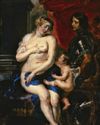
WHAT GREAT PAINTINGS SAY
We explore the story behind an allegorical painting that celebrates the triumph of love over hate, peace over war
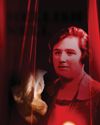
HELLISH NELL
Malcolm Gaskill delves into the life of Helen Duncan - the fraudulent Scottish medium whose ectoplasm-filled seances saw her ending up on the wrong side of the law

7 THINGS YOU (PROBABLY) DIDN'T KNOW ABOUT THE WHITE HOUSE
Presidential historian Dr Lindsay M Chervinsky reveals some of the most surprising facts about the world-famous US residence